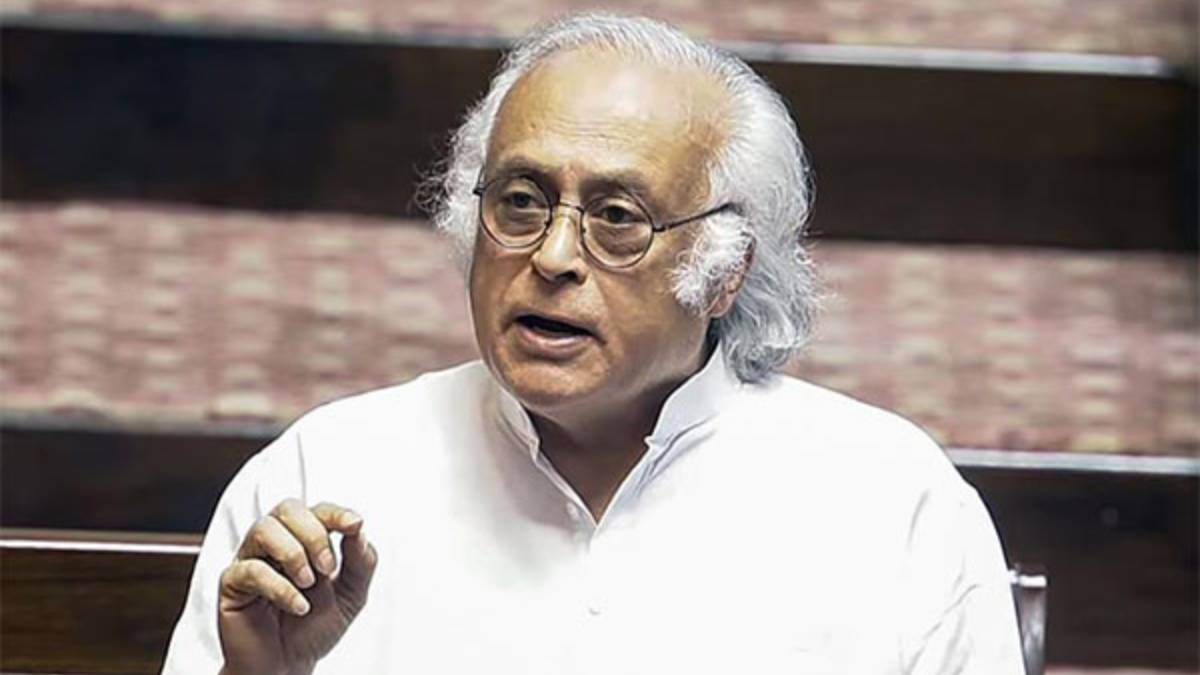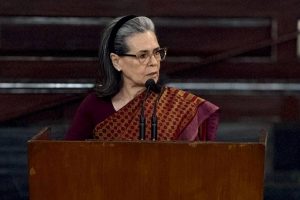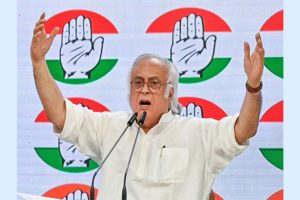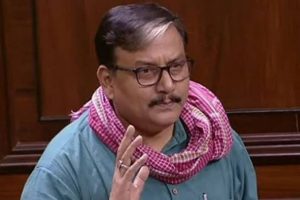Ahead of the upcoming monsoon session of Parliament, Congress MP Jairam Ramesh asserted that the smooth functioning of Parliament hinges on consensus between the government and the opposition, stressing that it is the government’s responsibility to foster such cooperation.
“Parliament will function properly only when there is consensus between the government and the opposition, and it is the government’s responsibility to ensure this,” Ramesh told ANI on Wednesday.
Criticising the legislative approach of the past decade, Ramesh expressed concern over the frequent passage of bills without debate, calling it damaging to democratic processes.
“Unfortunately, in the last 11 years, bills have been introduced suddenly and asked to be passed immediately without any discussion. This is not good for democracy. The opposition must also be allowed to raise its issues—things cannot work one way,” he said.
The monsoon session, set to begin July 21, is expected to see the introduction and passage of multiple bills, including:
- Manipur Goods and Services Tax (Amendment) Bill, 2025
- Taxation Laws (Amendment) Bill, 2025
- Jan Vishwas (Amendment of Provisions) Bill, 2025
- Indian Institutes of Management (Amendment) Bill, 2025
- Geoheritage Sites and Geo-relics (Preservation and Maintenance) Bill, 2025
- Mines and Minerals (Development and Regulation) Amendment Bill, 2025
- National Sports Governance Bill, 2025
- National Anti-Doping (Amendment) Bill, 2025
Additionally, the Readjustment of Representation of Scheduled Tribes in Goa, Merchant Shipping Bill, 2024, Indian Ports Bill, 2025, and Income Tax Bill, 2025 are also expected to be tabled in the Lok Sabha.
Ramesh’s remarks underline the growing demand from the opposition for more inclusive parliamentary proceedings and greater respect for deliberative democracy.





